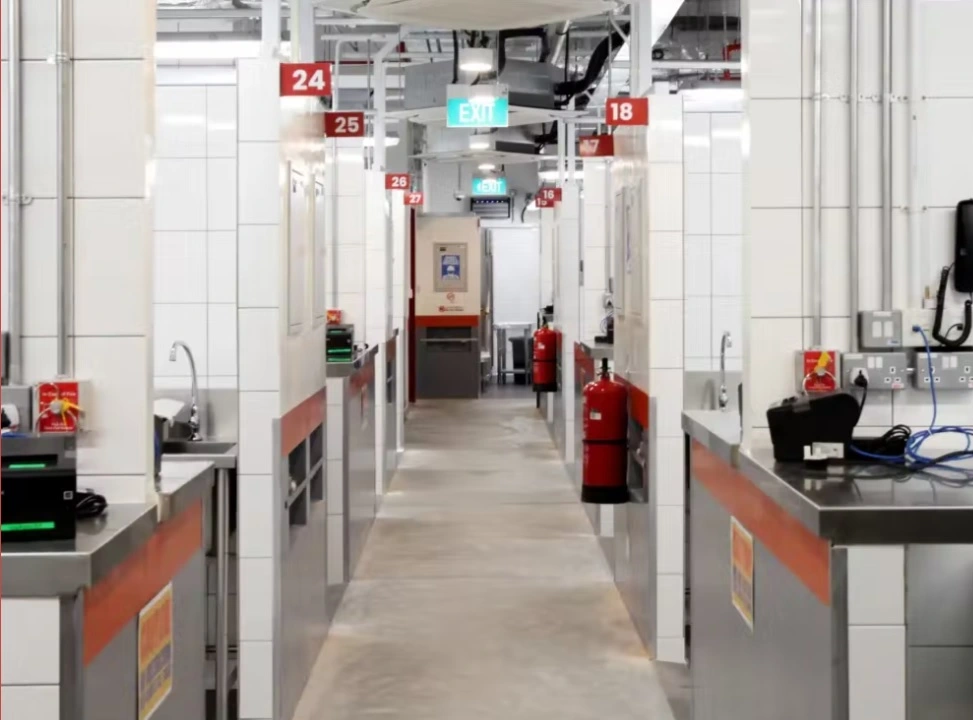
The rise of cloud kitchens: a new impetus for urban commercial property
Cloud kitchens, also known as ghost kitchens, are food preparation spaces dedicated to home delivery and take-out. The growth of this business model has led to increased interest in the industrial property sector in urban centres. In this article, we discuss the advantages and disadvantages of this phenomenon for caterers and industrial or mixed-use property owners, as well as the job creation potential it represents.
Advantages:
Flexibility and space optimisation: Cloud kitchens allow caterers to share a common workspace, reducing rental and operating costs. For commercial property owners, this means more efficient use of space and increased profitability.
Market adaptability: Ghost kitchens allow restaurateurs to test new concepts and adapt quickly to market trends without investing in a traditional restaurant space.
Job creation: The development of ghost kitchens supports job creation in the hospitality sector, particularly for chefs, order pickers and delivery staff.
Opportunities for commercial property owners:
Space conversion: Industrial property owners can take advantage of the growing demand for cloud kitchens by converting their vacant space into modular, restaurant-ready kitchens.
Revenue diversification: By leasing their space to multiple restaurant owners, industrial property owners can diversify their revenue streams and reduce the risks associated with dependence on a single tenant.
The potential for job creation and retraining is undeniable, especially with the growth of home delivery and the increasing demand for varied and accessible catering options. Cloud kitchens offer a flexible and profitable business model for hospitality professionals and commercial property owners, while contributing to the economic vitality of urban centres.
If you are a property owner and would like to know how we can advise you on optimising your space to accommodate a Cloud Kitchen, give us a call 😊.
Let's research your industrial buildin together
Your contact
